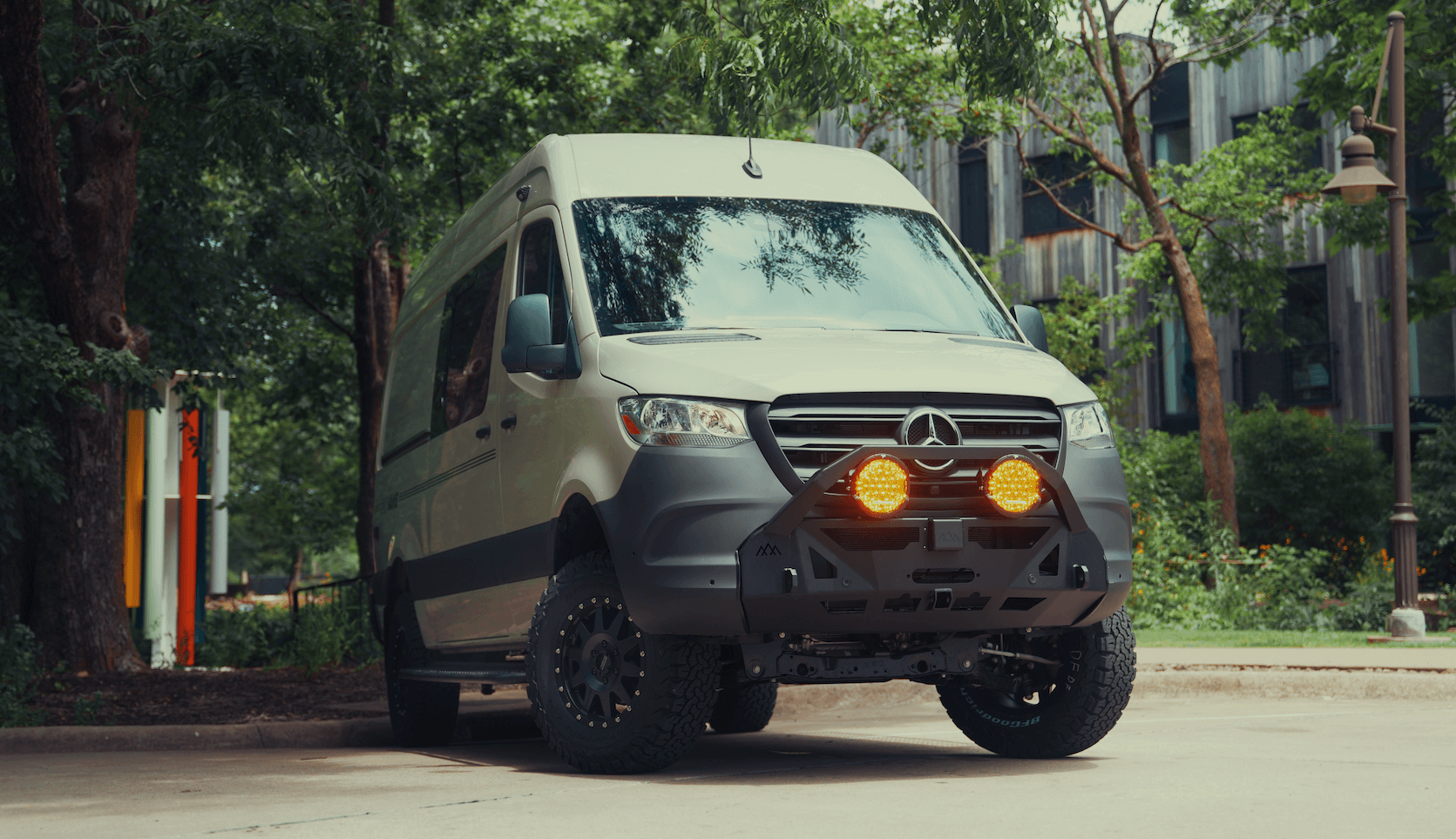Recreational Vans

Air conditioning in a van or overland truck does more than boost comfort. In high heat, steady cooling protects electronics, pets, food stores, and the driver’s alertness. A complete AC install service begins with a use profile. City hopping differs from desert crossings, and night only cooling differs from all day cycling. Installers evaluate cabin volume, window count, insulation quality, and typical humidity to estimate cooling load in BTU per hour.
Most camper vans land between nine thousand and thirteen thousand five hundred BTU, though insulation and glass area can swing the number. A good service audits air pathways, addresses intake and exhaust clearances, and plans condensate routing so moisture drains outside without pooling. Proper placement reduces hot spots, cuts noise, and preserves roof structure integrity.
Roof mounted units are common because they exhaust heat efficiently and keep ducting short. They do add height and can impact roof rack layouts or solar coverage. Underbody or rear quarter solutions keep the roof clear and lower the center of gravity, but they require robust shielding from debris and careful airflow planning around frame rails and bumpers. The best choice hinges on your route types, storage plans, and service accessibility.
Twelve volt DC systems are efficient at idle, pair well with lithium banks, and avoid inverter losses. They shine for overnight runs and stealth settings. Inverter driven units often deliver higher BTU capacity and can use shore power at campsites or shops. The tradeoff is conversion loss and typically higher surge demands. A balanced install may support both battery operation and shore or generator input to cover long heat waves.
Cooling capacity means little without a matching electrical plan. Step one is a realistic duty cycle. In humid regions a unit may cycle longer due to latent load from moisture. That affects daily amp hour consumption. From there, battery chemistry and size are selected. Lithium iron phosphate banks handle deep cycles gracefully and charge fast from alternators or solar. Many builds target a bank that runs the AC through a summer night with reserve for fans and lights.
Wire gauge, overcurrent protection, and inverter spec matter. Undersized conductors create voltage drop and heat, which shortens component life. Quality installs position fuses close to the source, protect cables in abrasion points, and isolate the AC circuit on its own breaker. Alternator charging with a smart DC to DC charger can replenish the bank while you drive. Solar adds daytime runtime but rarely offsets a full AC load alone, so expectations must be set clearly.
A properly sealed and insulated shell reduces required BTU, quiets the cabin, and tempers compressor cycling. Adding radiant barriers, foam panels in cavities, insulated window covers, and minimizing thermal bridges can shave thousands of BTU from the target. This allows smaller, quieter units and longer battery endurance.
An AC install service should include a written schematic, labeled components, and a test protocol. GFCI protection on shore inputs, proper bonding, and strain relief on all penetrations prevent failures. A smart charging plan blends alternator, shore, and solar, with settings tuned for your battery chemistry to extend lifespan.
A typical van AC install spans planning, fabrication, electrical work, and verification testing. Lead time depends on parts availability and custom metal or wood fabrication for mounts and trim. Install time often ranges from two to five days for a straightforward roof unit with a prepared electrical system. Complex underbody installs or full electrical upgrades take longer.
Costs vary with unit type, battery capacity, inverter class, and integration complexity. While price is important, consider lifetime cost. Efficient units paired with a right sized battery bank reduce charging needs, fuel use, and wear. Ongoing care includes keeping filters clean, checking condensate drains, inspecting cable terminations, and making sure vibration isolation remains tight after rough roads.
Frequent issues include undersized wiring, poor ventilation around condensers, ignored condensate management, and inaccurate load assumptions. Another trap is overlooking roof structure strength or rack interference. Professional services pressure test refrigerant circuits where applicable, seal penetrations against water, and validate performance under load with real temperature and humidity.
A note on safety and compliance Refrigerant handling requires certified technicians, and electrical work in mobile environments demands careful adherence to standards. A professional AC install service documents components, torque specs, and provides owner guidance so you can operate the system confidently.
Closing the loop for life on the road in Fayetteville If your travel plan includes Northwest Arkansas summers, precise sizing and clean integration make the difference between a cool cabin and a restless night. A well engineered system turns a van into a dependable basecamp, whether you are parked at a trailhead or navigating city streets.
Our team in Fayetteville has built cooling systems into adventure vans, moto haulers, and commercial mobile units with the same attention to airflow, noise, and electrical endurance. If you are considering a full conversion or an upgrade, explore our recreational vans, review our custom build van services, or see options for financeable mainstream vans. We can spec the right AC solution, integrate it with your power system, and deliver a walkthrough at handoff so you leave Fayetteville ready for the heat.
Tell us how you travel, how long you camp off grid, and what temperatures you face most. We will right size your AC, map the power plan, and install it with clean fit and tested performance so your next trip feels like home.
Ready for reliable cool air on every trip? Tell us how you travel and we will spec, install, and test a van AC system that fits your power budget and comfort goals. Submit the form to start a build plan with OZK Customs in Fayetteville.
ADDRESS:
6159 E Huntsville Rd, Fayetteville, AR 72701
PHONE:
(479) 326-9200
EMAIL:
info@ozkvans.com